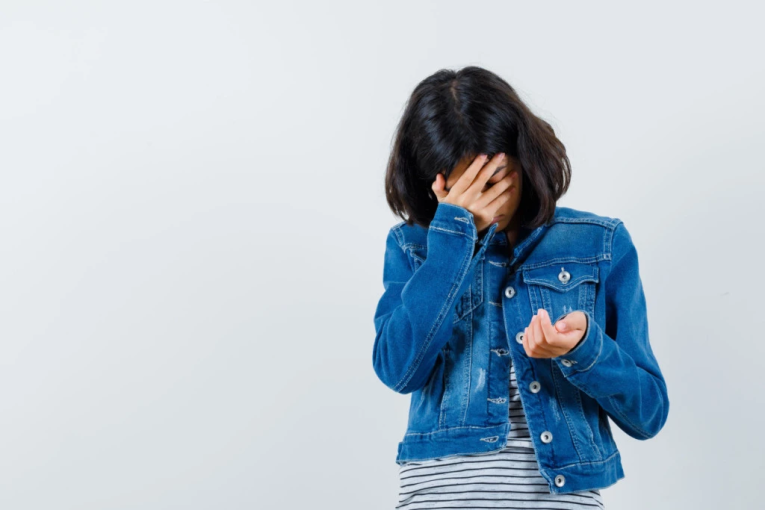
Tourism has become a vital sector for the Indonesian economy, especially in Bali. However, the influx of tourists has significantly transformed the lifestyle of the Balinese community—including the involvement of children in tourism activities. This illegal involvement has been exacerbated by the disturbing rise of Child Sex Tourism (CST), which includes pedophilia and the sexual abuse of minors.
In response to this alarming issue, four students from Universitas Gadjah Mada (UGM), each from different academic disciplines, joined forces as part of the Student Creativity Program for Social and Humanities Research (PKM-RSH) to conduct field research in Bali. The team consists of:
-
I Ketut Aditya Prayoga (Tourism) – analyzed tourism’s role in fueling CST in Bali
-
Adit Surya (Law) – studied the victimization process of CST survivors
-
Putu Daryatti (Psychology) – assessed the psychological and physical trauma of survivors
-
Ni Luh Feby Riveranika (Sociology) – explored potential protective measures through the tourism Pentahelix approach
Their research was supervised by Dr. Fahmi Prihantoro, S.S., M.A., who has a strong interest in tourism policy and supported the team in analyzing CST cases from root causes to survivor trauma and strategies for prevention.
The team’s findings identified three forms of CST victimization:
-
Pedophilic abuse
-
Human trafficking and child selling
-
Children’s involvement through MiChat, a messaging app often misused for illicit activities.
These cases stemmed from a combination of parental negligence, lifestyle influences, temporary locations (such as tourist areas), and routine activities that made children vulnerable.
Ketut explained that the team uncovered how children were victimized through interviews and field research. These included exposure to inappropriate information that led to contact with tourists and trafficking incidents. The primary driver, they found, was parental neglect, often rooted in poverty and lack of education.
Adit added, “Children are given smartphones at a young age, giving them unrestricted access to inappropriate content. We found that, in some cases, children were deliberately pushed into such situations by their parents due to economic hardship.”
While Indonesia has child protection laws addressing sexual violence and exploitation, the UGM team noted weak law enforcement. Adit explained, “Since sexual exploitation is considered a complaint-based crime, if no one reports it, the government remains unaware.”
After roughly four months of research, the team was able to interview three CST survivors and engaged with members of the tourism Pentahelix—including government agencies, NGOs, tourism businesses, academics, and media. “We worked with the Gerasa Bali and Lentera Anak Bali foundations. While some children are still involved in these cases, we were able to speak with those who had survived and were willing to share their stories,” said Feby.
The survivors reported serious physical trauma, including leg wounds and sexually transmitted infections. Psychologically, they suffered from PTSD symptoms, such as distressing dreams, flashbacks, sensory hyper-alertness, negative cognitive shifts, and reactivity changes. “We used the DSM-5 to assess PTSD and confirmed that the survivors were indeed experiencing various trauma symptoms,” Feby added.
Disturbingly, many parents did not fully understand what was happening to their children. Putu noted, “Some parents thought the tourists were good people and saw no reason to be suspicious. They’d let their kids go off with them, thinking it was harmless fun, especially when the parents were given money. They didn’t realize the danger their children were in.”
Beyond their research, the PKM-RSH CST Bali team also focused on public education and awareness. Ketut shared that their program includes social media campaigns to spread information. “We were also asked to create content on platforms like Instagram, TikTok, and Twitter to reach a wider audience,” he said.
Based on their findings, the UGM student team stressed the urgent need for collaborative efforts, especially from families and stakeholders within the tourism Pentahelix, to build a child-protective environment. This is essential for achieving sustainable and child-safe tourism in Bali.
“It’s also crucial to strengthen child protection laws and ensure they are properly enforced. We believe more hands-on initiatives and direct government involvement in the field are needed,” Adit concluded.
Writer: Lintang
Editor: Gusti Grehenson
Photo: Freepik
Source: UGM Official Website
